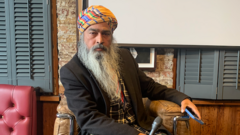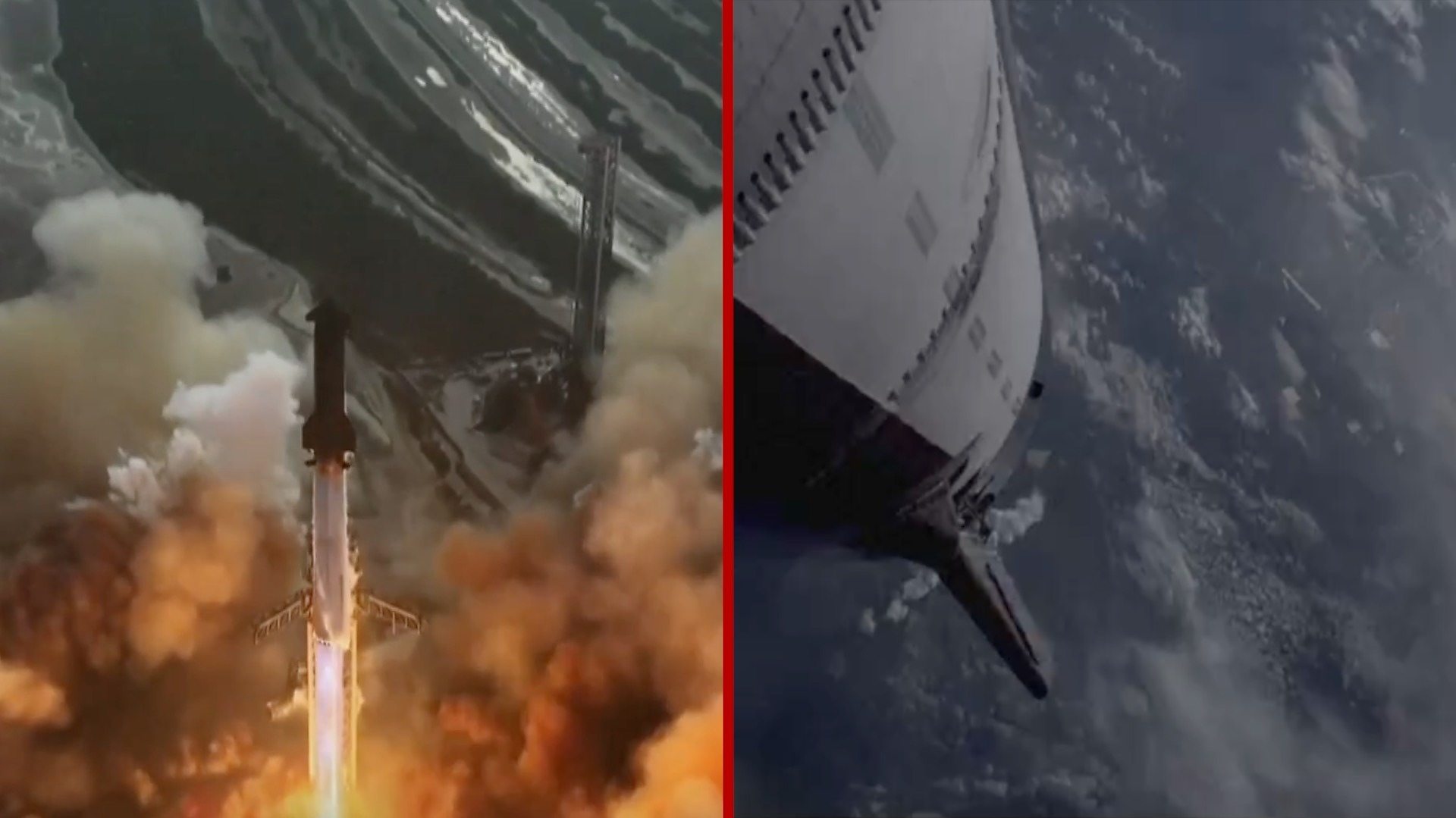In the ever-evolving landscape of cryptocurrency, anticipation surged recently when a press conference was announced, promising to finally reveal the identity of Satoshi Nakamoto, the elusive creator of Bitcoin, underpinning a vast and valuable two trillion-dollar industry. Many have posited theories and claims about who Nakamoto is, with results ranging from debunked allegations to retracted statements. The whispers and speculation continue, yet none have definitively solved the riddle at the heart of the crypto universe.
This time, Stephen Mollah emerged as the latest contender claiming to be Satoshi, a role that would entail not just prestige but also access to an astonishing stash of over one million bitcoins. The allure of such wealth—current estimates put that figure at around $69 billion—adds a layer of intrigue, making it all the more captivating for both the press and crypto enthusiasts alike. The press conference took place in the luxurious Frontline Club, but the air was thick with skepticism from the outset.
Organized by Charles Anderson, who asked for payment to attend, the event drew a modest crowd of reporters. As attendees filed in, the truth behind Mollah’s claims began to unravel. Reports soon surfaced of a legal dispute involving both the organizer and Mollah over accusations of fraud related to their claims of being Satoshi. The dark cloud of doubt hung over the event as Mollah took the stage to declare, “I am here to make a statement that yes: I am Satoshi Nakamoto and I created Bitcoin on Blockchain technology.”
However, as the hour progressed, the promised revelations failed to materialize, leaving reporters more amused than convinced. Mollah had assured the crowd that he would unlock and interact with the original Bitcoins—a feat only Satoshi could accomplish—but when he repeatedly failed to do so, frustration quickly transitioned into exasperation. The reporters departed, their curiosity unquenched, adding Mollah’s name to the long list of would-be Satoshis without the necessary proof to uphold their claims.
As the search for Satoshi Nakamoto rolls on, this instance does little to quell the ongoing speculation. Previous candidates like Dorian Nakamoto and Craig Wright have also failed to substantiate their claims, and notable figures in the crypto community, like Elon Musk, have publicly denied any connection. The continued quest to unveil Nakamoto raises a critical question; does it truly matter who he is?
Many argue that the anonymity of Satoshi maintains the decentralized nature of Bitcoin, preventing undue influence from a central figure. This sentiment was echoed by voices like Natalie Brunell, who posits that Satoshi’s hidden identity allows Bitcoin to stand as a trustworthy system rather than a monument to one individual’s aspirations. Conversely, some scholars argue that fixating on Nakamoto distracts from more pressing discussions about the future of cryptocurrencies in economic contexts.
As I recollected my thoughts outside the Frontline Club, one thing was clear: the quest for Satoshi Nakamoto continues, and the mystery surrounding him might remain unsolved forever. As the cryptocurrency world holds its breath for another breakthrough, each false lead only deepens the enigma, securing his place as a figure of intrigue in tech history.
This time, Stephen Mollah emerged as the latest contender claiming to be Satoshi, a role that would entail not just prestige but also access to an astonishing stash of over one million bitcoins. The allure of such wealth—current estimates put that figure at around $69 billion—adds a layer of intrigue, making it all the more captivating for both the press and crypto enthusiasts alike. The press conference took place in the luxurious Frontline Club, but the air was thick with skepticism from the outset.
Organized by Charles Anderson, who asked for payment to attend, the event drew a modest crowd of reporters. As attendees filed in, the truth behind Mollah’s claims began to unravel. Reports soon surfaced of a legal dispute involving both the organizer and Mollah over accusations of fraud related to their claims of being Satoshi. The dark cloud of doubt hung over the event as Mollah took the stage to declare, “I am here to make a statement that yes: I am Satoshi Nakamoto and I created Bitcoin on Blockchain technology.”
However, as the hour progressed, the promised revelations failed to materialize, leaving reporters more amused than convinced. Mollah had assured the crowd that he would unlock and interact with the original Bitcoins—a feat only Satoshi could accomplish—but when he repeatedly failed to do so, frustration quickly transitioned into exasperation. The reporters departed, their curiosity unquenched, adding Mollah’s name to the long list of would-be Satoshis without the necessary proof to uphold their claims.
As the search for Satoshi Nakamoto rolls on, this instance does little to quell the ongoing speculation. Previous candidates like Dorian Nakamoto and Craig Wright have also failed to substantiate their claims, and notable figures in the crypto community, like Elon Musk, have publicly denied any connection. The continued quest to unveil Nakamoto raises a critical question; does it truly matter who he is?
Many argue that the anonymity of Satoshi maintains the decentralized nature of Bitcoin, preventing undue influence from a central figure. This sentiment was echoed by voices like Natalie Brunell, who posits that Satoshi’s hidden identity allows Bitcoin to stand as a trustworthy system rather than a monument to one individual’s aspirations. Conversely, some scholars argue that fixating on Nakamoto distracts from more pressing discussions about the future of cryptocurrencies in economic contexts.
As I recollected my thoughts outside the Frontline Club, one thing was clear: the quest for Satoshi Nakamoto continues, and the mystery surrounding him might remain unsolved forever. As the cryptocurrency world holds its breath for another breakthrough, each false lead only deepens the enigma, securing his place as a figure of intrigue in tech history.

















